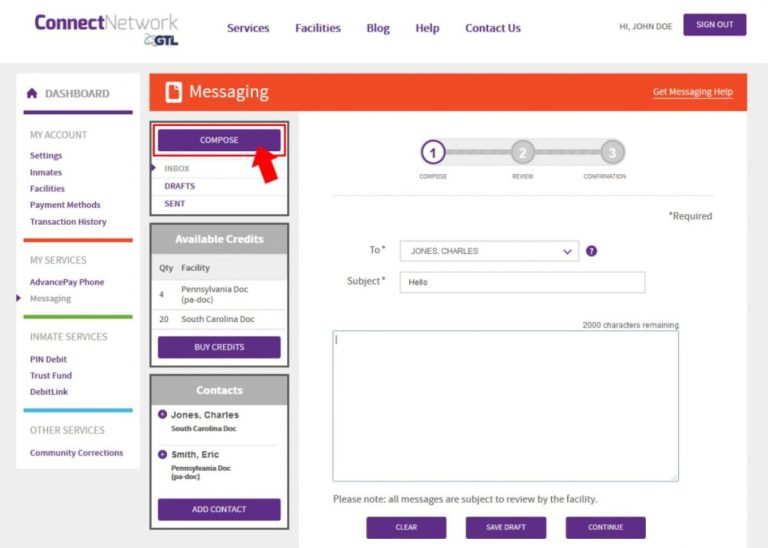Business insurance providers play a pivotal role in safeguarding the financial well-being and operational stability of companies across industries. In the dynamic and often unpredictable business landscape, unforeseen events such as property damage, liability claims, or employee injuries can pose significant risks to a company’s success. This article delves into the critical importance of business insurance, examines the various types of coverage available, and offers a comprehensive guide to selecting the right business insurance providers to meet your specific needs.
Contents
The Crucial Role of Business Insurance
Business insurance serves as a financial safety net, providing protection against a wide array of potential risks. Without adequate coverage, businesses could face crippling financial losses or even closure in the event of an unexpected incident. From natural disasters and theft to lawsuits and cyberattacks, business insurance offers peace of mind and allows companies to focus on their core operations with confidence.
Exploring the Diverse Types of Business Insurance
-
General Liability Insurance: This fundamental coverage protects businesses from third-party claims of bodily injury, property damage, or personal and advertising injury. It can cover legal fees, medical expenses, and settlements.
-
Property Insurance: This insurance safeguards a company’s physical assets, such as buildings, equipment, inventory, and furniture, against damage or loss caused by fire, theft, vandalism, or natural disasters.
-
Professional Liability Insurance (Errors and Omissions Insurance): This coverage is essential for businesses that provide professional services, such as consultants, lawyers, accountants, and healthcare providers. It protects against claims of negligence, errors, or omissions in the delivery of professional services.
-
Workers’ Compensation Insurance: In most jurisdictions, workers’ compensation insurance is mandatory for businesses with employees. It provides wage replacement and medical benefits to employees who suffer work-related injuries or illnesses.
-
Commercial Auto Insurance: If a business owns or leases vehicles for business purposes, commercial auto insurance is necessary to cover liability and property damage resulting from accidents.
-
Cyber Liability Insurance: In the digital age, businesses are increasingly vulnerable to cyberattacks, data breaches, and other cyber threats. Cyber liability insurance can help cover the costs associated with responding to a cyber incident, including notifying affected parties, restoring data, and defending against lawsuits.
Choosing the Right Business Insurance Providers
Selecting the appropriate business insurance providers requires careful consideration of several factors:
-
Coverage Needs: Identify the specific risks your business faces and determine the types and levels of coverage required. This may involve consulting with an insurance broker or agent who can assess your needs and recommend suitable policies.
-
Financial Strength and Stability: Choose business insurance providers with strong financial ratings to ensure they can fulfill their obligations in the event of a claim.
-
Reputation and Customer Service: Look for providers with a solid reputation for fair claims handling and excellent customer service. Read online reviews, seek recommendations from other businesses, and inquire about the provider’s claims process.
-
Cost: While cost is a consideration, it should not be the sole determining factor. Compare quotes from multiple providers to ensure you are getting competitive rates for the coverage you need.
-
Industry Expertise: Some business insurance providers specialize in specific industries. Consider working with a provider who understands the unique risks associated with your industry and can offer tailored coverage solutions.
The Future of Business Insurance Providers
The business insurance industry is constantly evolving, driven by technological advancements, changing risk landscapes, and emerging trends. Business insurance providers are increasingly leveraging data analytics and artificial intelligence to assess risk, streamline claims processing, and personalize coverage options. Additionally, the rise of digital platforms and online insurance marketplaces is making it easier for businesses to compare quotes and purchase policies from a wide range of providers.
Conclusion
In an increasingly complex and uncertain business environment, partnering with the right business insurance providers is essential for protecting your company’s assets, mitigating risks, and ensuring long-term success. By understanding your coverage needs, carefully evaluating providers, and staying abreast of industry developments, you can make informed decisions about your business insurance and safeguard your company’s future.





